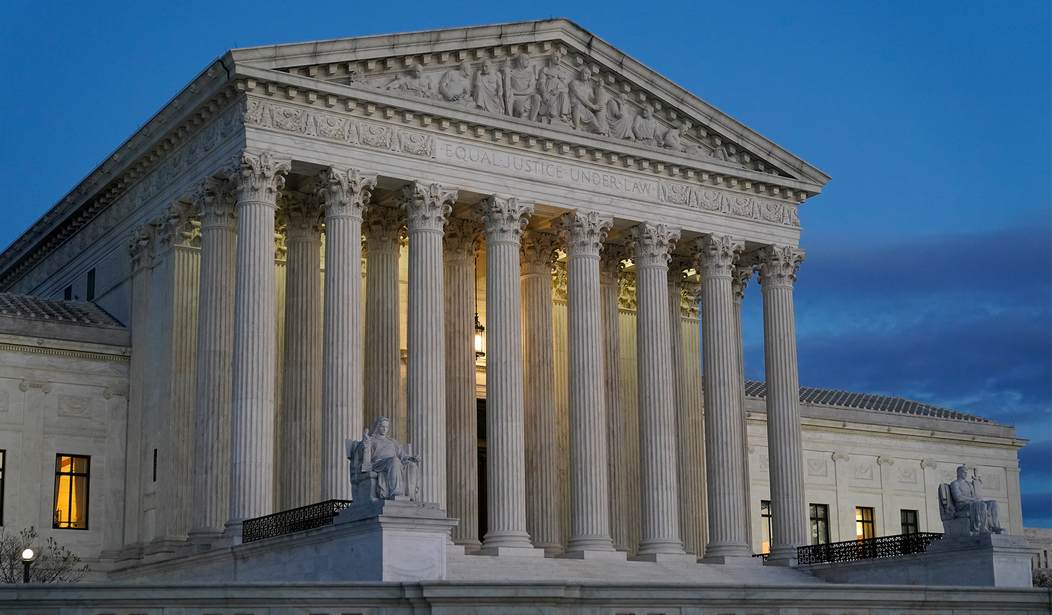In its recent Murthy v. Missouri ruling, SCOTUS held that the plaintiffs didn’t have standing to sue for an injunction to stop the federal government from controlling online speech through social media platforms. Naturally, many free speech advocates were frustrated but they should never have gotten their hopes up. No judge is going to tell government officials they cannot try to promote what they believe is best for society since this is within their purview. But we still have a serious problem.
Over the last century, government has increasingly permeated our lives. It now mediates a great deal of our personal behavior and economic activity through how it taxes, spends, and regulates. In ways no founding father could possibly have imagined, we have increasingly come to believe that if we deviate from the government's approved message, bad things will happen to us.
For example, scientific research in academia is heavily funded by grants from the federal government. Long ago serious scientists who wanted to investigate questions about the climate figured out that if they showed any hint of deviating from the company line on climate change, they simply wouldn’t be funded.
Just as no one can prove the mob boss didn’t have his henchmen burn down his bakery, no scientist can prove he didn’t win the grant because he wasn’t politically correct. The government uses its power to extract resources, then only hands them back to society when thinking, speaking, and acting comports with the approved line.
This happened so slowly that we didn’t realize how much things have changed. As the COVID crisis dragged on, you likely noticed yourself going along with things you could never have imagined doing 20 years ago. You thought the next restriction would prove impossible because the American people would rise up against it. But they didn’t, and neither did you.
Recommended
With the COVID crisis, we saw a new level of manipulation because so many healthcare resources now fall under government control through insurance subsidies and taxes and industry regulation. So, while a hospital administrator won’t be put in jail for speaking out, that new cancer research wing might be held up by red tape or because a grant doesn’t come through.
The net effect of this has been to cow free speech through self-censorship. But it doesn’t stop there. Since language frames our thinking, regulating speech eventually stifles free thinking.
This indirect attenuation of our right to free speech works so well for the government because it works in the background.
If the government directly punished free speech, it would arouse an immediate reaction among voters. Instead, the government works quietly behind the scenes like a mob boss, who effectively says “Nice social media platform you got there. It'd be a shame if something happened to it.”
All the government has to do to debase our right to free speech is to make it more costly than otherwise. The more we have allowed government to enmesh itself into our lives, the greater the risk to us of speaking against the government through actions and inactions that we will likely have no way to prove were motivated by an effort to shape or suppress our speech.
This certainly squares with casual observation. In the last century government scale, scope, and discretion has risen dramatically, and no one would argue that we are freer now to speak our minds.
Randy and Vicki Weaver’s harsh views about the federal government ended up arousing unwanted attention from the ATF and the FBI with the tragic results of Ruby Ridge. But even under more mundane circumstances, the wise keep their mouths shut unless they are touting the company line. Only a foolish contractor would speak out about ridiculous and costly building codes since his work will be inspected by the government he ridicules.
This is the greatest threat to free speech as envisioned by the first amendment, and it constitutes a much more difficult problem to address, for it requires nothing less than reducing the degree to which government permeates our lives. That will require the government to give up some of its control.
Once you understand that the real problem goes back to government possessing a great deal of power that it can exercise with a great deal of discretion – like a mob boss who doesn’t have to play by the rules – it is obvious that any right can be debased in this way. The root of the problem isn’t any given court’s ability to deal wisely with any given misdeed, it is the ability of the government to impose costs without accountability.
Dave Rose is a Senior Research Fellow at AIER, an Emeritus Professor of Economics at the University of Missouri-St. Louis, and a member of the U.S. Commission on Civil Rights.
























Join the conversation as a VIP Member